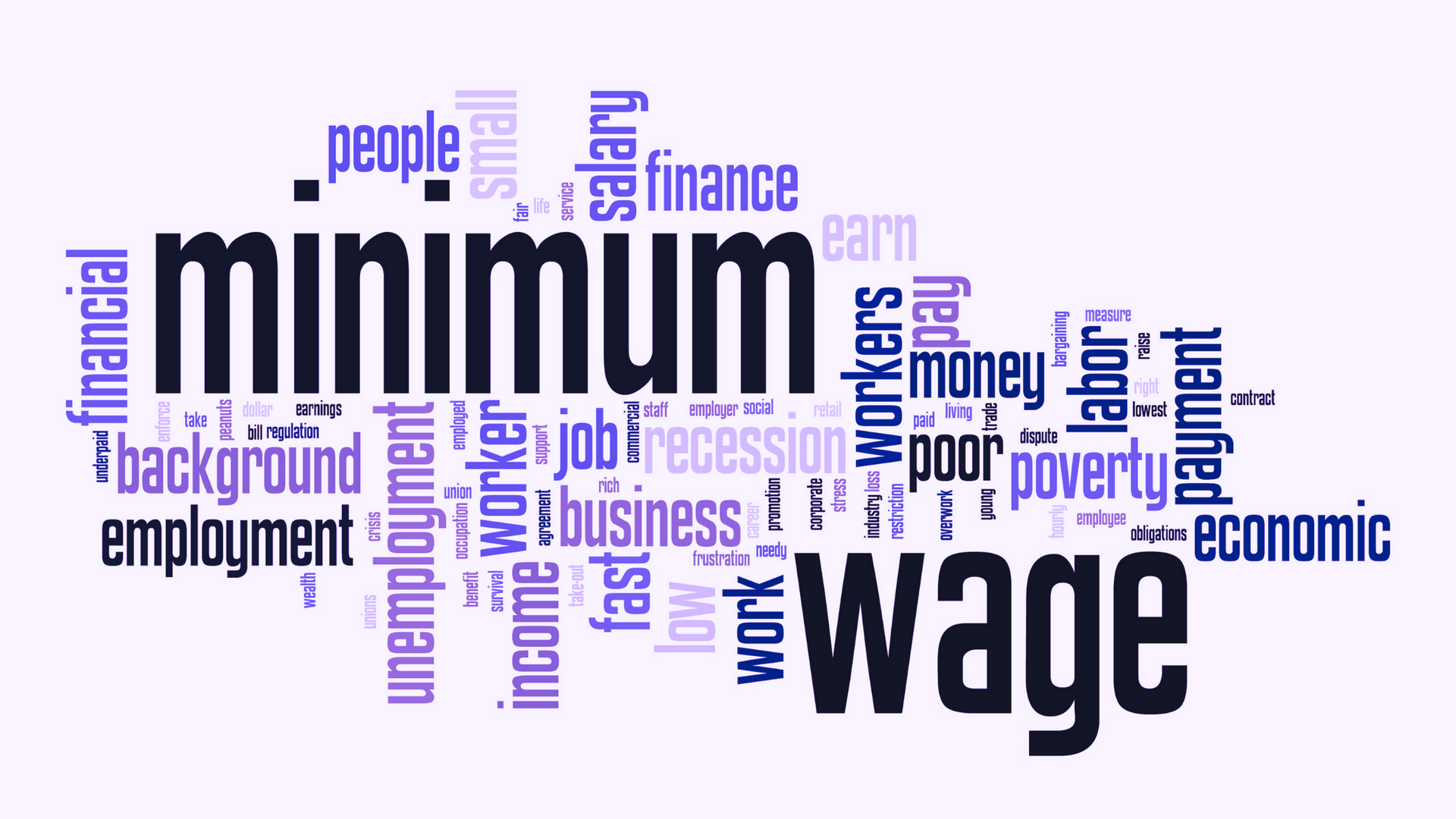Changes to the National Minimum Wage April 2023
Changes to the National Minimum Wage April 2023

Each year the Low Pay Commission reviews and makes recommendations on the National Minimum Wage for workers in the UK. The Government is not obligated to accept the recommendations, but they often do. This short blog looks at the changes in National Minimum Wage from April 2023 and discusses the differences between National Minimum wage, National Living Wage and London Living Wage.
What is the National Minimum Wage?
The National Minimum Wage Bill was introduced as a concept in November 1997 and the law received royal assent in July 1998. It was the first time that the law had set a minimum hourly rate that employees must receive. The National Minimum Wage was introduced in April 1999 and was set at £3.60 per hour for workers over the age of 22 and £3.00 per hour for those aged 18-21. In the 24 years since this legislation was introduced additional worker categories have been added to include apprentices, younger workers and those over the age of 23.The national minimum wage is purely based on age and is not impacted by where you live, so there is not a different national minimum wage in London.
What is the National Living Wage?
The National Living Wage applies only to workers over the age of 23. It is a statutory minimum that must be paid by all employers and it is set as a % of median earnings. The aim is to reach 66% of median earnings by 2024.
What is the UK Living Wage and the London Living Wage?
The UK Living Wage and London Living Wage are the rates set by the Living Wage Foundation and are calculated based on the current cost of living. A set ‘basket’ of household goods and services are used to calculate the hourly wage rate. There is a separate higher rate for London to reflect the additional expense of living in the capital.
Changes to the National Minimum Wage Rates from April 2023
| April 2022-Mar 2023 | April 2023 onwards | |
|---|---|---|
| 23 and over (National Living Wage) | £9.50 | £10.42 |
| 21-22 | £9.18 | £10.18 |
| 18-20 | £6.83 | £7.49 |
| 16-17 | £4.81 | £5.28 |
| Apprentice | £4.81 | £5.28 |
| UK Living Wage* | £9.90 | £10.90 |
| London Living Wage* | £11.05 | £11.95 |
*Set by the Living Wage Foundation and not mandatory
The significant uplift in rates from 2022 to 2023 (c.10%) takes into account the increased rate of inflation caused by the cost of living pressures during the second half of 2022 and into 2023.
Why is the London Living Wage different to the National Living Wage?
The London Living Wage is higher to reflect the significantly higher costs of living and working in London. Property purchase and rental costs as well as travel, food and drink and other expenses are higher than other parts of the country. The London Living Wage applies in all boroughs in Greater London and is around 15% higher than national minimum wage rates.
Getting support for compliance as an employer
Keeping up with all the legal and taxation changes surrounding business and being an employer can be demanding. You can get help from David Masih, our client relationship partner, who can talk to you about the latest changes affecting your business and employees. We can support you with payroll, compliance & tax accounting as well as business advice and simple bookkeeping. Call 03330 067 123 or email info@onthegoaccountants.co.uk.
You may also be interested in:
Deadline for State Pension Top-Ups – 5th April 2023
Why hire an outsourced finance team?





